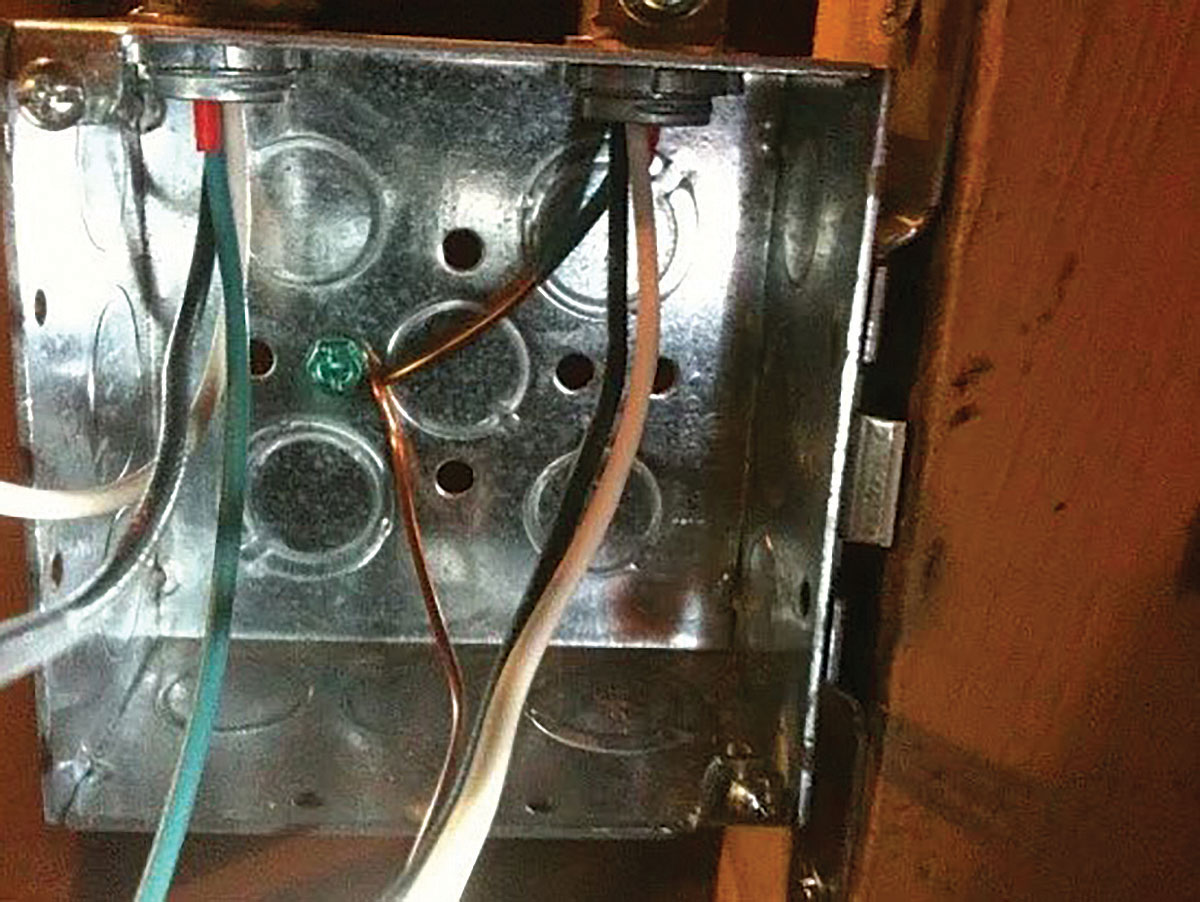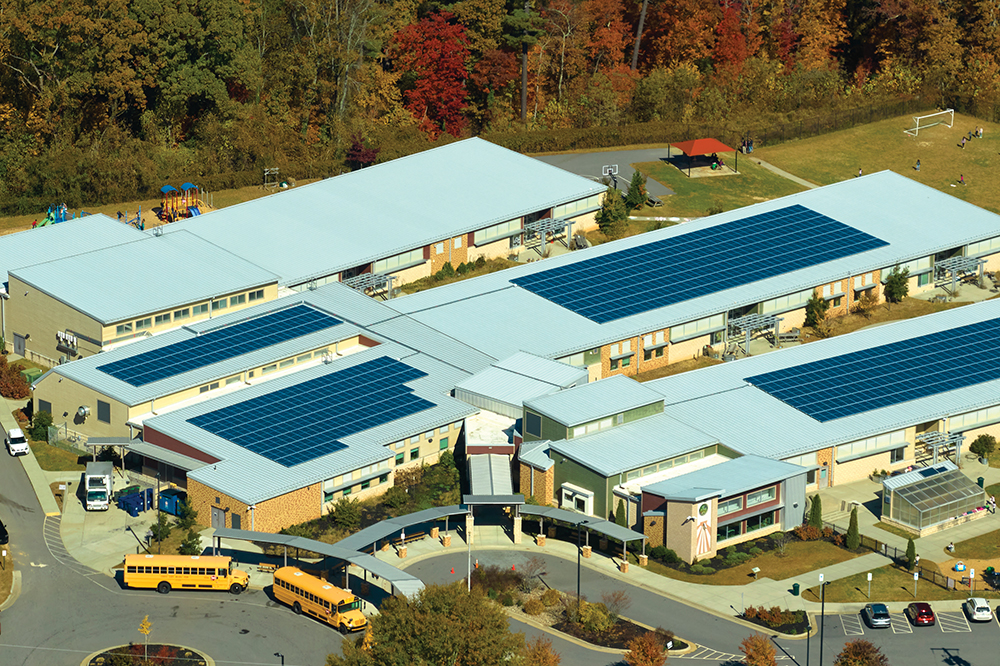Question
An inspector told me the other day that a washing machine in a dwelling unit required GFCI protection. I’ve looked and I can’t find that requirement in the 2011 NEC. Can you help me with this requirement? TA
Answer
Thank you for your correspondence. There is no specific requirement in the NEC for the washing machine itself to have GFCI protection. Section 210.52(F) requires a receptacle outlet to be installed for the laundry area and it must be supplied by a 20-ampere branch circuit in accordance with 210.11(C)(2). However, depending on the location of the receptacle outlet itself, GFCI protection may be required. For example, if the laundry area receptacle outlet (20-ampere, 125-volt) is located in a bathroom or an unfinished basement of a dwelling unit, GFCI protection would be required for the receptacle outlet in accordance with 210.8(A)(1) or (A)(5) respectively. Additionally, if the washing machine is located in a laundry room or utility room that included a sink, the laundry area receptacle outlet would have to be provided with GFCI protection if it is located within 1.8 m (6 ft) of the edge of the sink in accordance with 210.8(A)(7). The location of the washing machine and of the corresponding laundry area receptacle outlet is the determining factor as to the requirement for GFCI protection.










Find Us on Socials